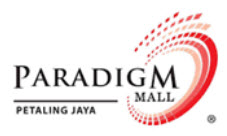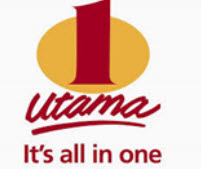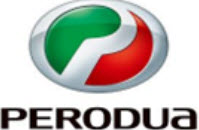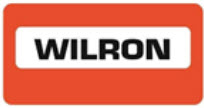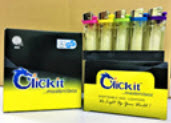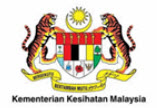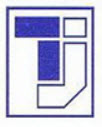YOUR TOTAL LIQUEFIED PETROLEUM GAS (LPG) SOLUTION
We have established and positioned ourselves, since 2001, as one of the leading supplier and service provider of LPG systems.
As a “Total Solution Provider of LPG” we are confident that with our knowledge, experience, certified expertise and capabilities, we can be your valued partner in achieving “ease of mind” in managing your LPG system with operations that meets the LPG safety standards with optimized efficiency.
Why Pridze? :
-
 Our management team brings a total of more than 50 years of experience in this industry.
Our management team brings a total of more than 50 years of experience in this industry.
-
 We Focus on LPG Business only
We Focus on LPG Business only
-
 We have our own LPG tanker fleet
We have our own LPG tanker fleet
-
 We are registered company by Department of Occupational & Health (DOSH) & Suruhanjaya Tenaga (ST) as a LPG contractor.
We are registered company by Department of Occupational & Health (DOSH) & Suruhanjaya Tenaga (ST) as a LPG contractor.
-
 We are technically competent; we know the product, the industry and its players. This is proven through our list of satisfied customers nationwide.
We are technically competent; we know the product, the industry and its players. This is proven through our list of satisfied customers nationwide.
-
 We are aggressive, efficient and capable but more importantly, we are able to cope with customers’ rapid growth and urgent demands.
We are aggressive, efficient and capable but more importantly, we are able to cope with customers’ rapid growth and urgent demands.
-
 We are financially and technically ready to provide you with the LPG facilities you require.
We are financially and technically ready to provide you with the LPG facilities you require.
+603–78316270



Malaysia Based
Our Scope of Work :
-
 Supply of Bulk LPG & Cylinder
Supply of Bulk LPG & Cylinder
-
 LPG & NG Engineering: Engineering Work, Procurement, Construction, Commissioning (EPCC)
LPG & NG Engineering: Engineering Work, Procurement, Construction, Commissioning (EPCC)
-
 Scheduled & Non-scheduled Comprehensive Maintenance of Total LPG System
Scheduled & Non-scheduled Comprehensive Maintenance of Total LPG System
-
 Utility Meter Reading at Shopping Malls
Utility Meter Reading at Shopping Malls
-
 Value added services which include pre and post sales technical know-how, advisory and maintenance works PRIDZE is among very few selected companies in Peninsular Malaysia that Supplies LPG and Gas Meter Reading Services with our in-house Engineering Team. These would ensure your ease of mind on LPG related matters.
Value added services which include pre and post sales technical know-how, advisory and maintenance works PRIDZE is among very few selected companies in Peninsular Malaysia that Supplies LPG and Gas Meter Reading Services with our in-house Engineering Team. These would ensure your ease of mind on LPG related matters.

Wide Variety of LPG Products & Services
We specialize in LPG bulk supply, offering tailored solutions for large-scale commercial and industrial clients with efficient, safe, and cost-effective liquefied petroleum gas distribution.


LPG Supply
Involves the provision and distribution of liquefied petroleum gas, typically in bulk or cylinder form, to residential, commercial, and industrial customers for use in heating, cooking, and other energy needs, ensuring safe, efficient, and reliable access to fuel.
Engineering
In the LPG (Liquefied Petroleum Gas) business, the Engineering, Procurement, Construction, and Commissioning (EPCC) framework is applied to design, build, and maintain facilities involved in the processing, storage, transportation, and distribution of LPG.
Preventive Maintenance
Preventive Maintenance (PM) in the LPG business plays a critical role in ensuring the continuous and safe operation of LPG facilities. Given the highly flammable nature of LPG, preventive maintenance is essential to reduce the risk of leaks, explosions, equipment failures, and safety hazards. It involves a series of scheduled, routine checks and activities aimed at maintaining equipment and infrastructure in optimal working condition before any failures occur.
LPG Inspection
Our seasoned professionals carry out inspections on all our clients’ LPG Cylinder Manifolds, particularly related to the safety, maintenance, and performance of LPG cylinder manifolds.
Key Components of an LPG Cylinder Manifold:
LPG Inspection Reports
An LPG Inspection Report is a critical document that provides a detailed account of the inspection conducted on LPG systems, including cylinder manifolds, storage tanks, pipelines, and other associated equipment. These reports are vital for ensuring safety, compliance with regulations, and the overall operational efficiency of LPG systems. The reports serve as a record for inspections and maintenance, providing transparency and accountability.
Purpose of LPG Inspection Reports:

Expert Gas Vendor (Meter Billing)
An Expert Gas Vendor (Meter Billing) is a specialized entity or service provider in the LPG (Liquefied Petroleum Gas) or natural gas industry that is responsible for managing and administering the metering and billing of gas usage for customers.

Why we are considered the best in business
Choose us for our reliable, safe, and cost-effective LPG solutions, backed by expert service, timely delivery, and a commitment to meeting the unique needs of residential, commercial, and industrial clients.
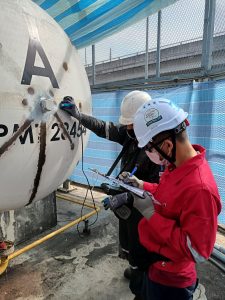
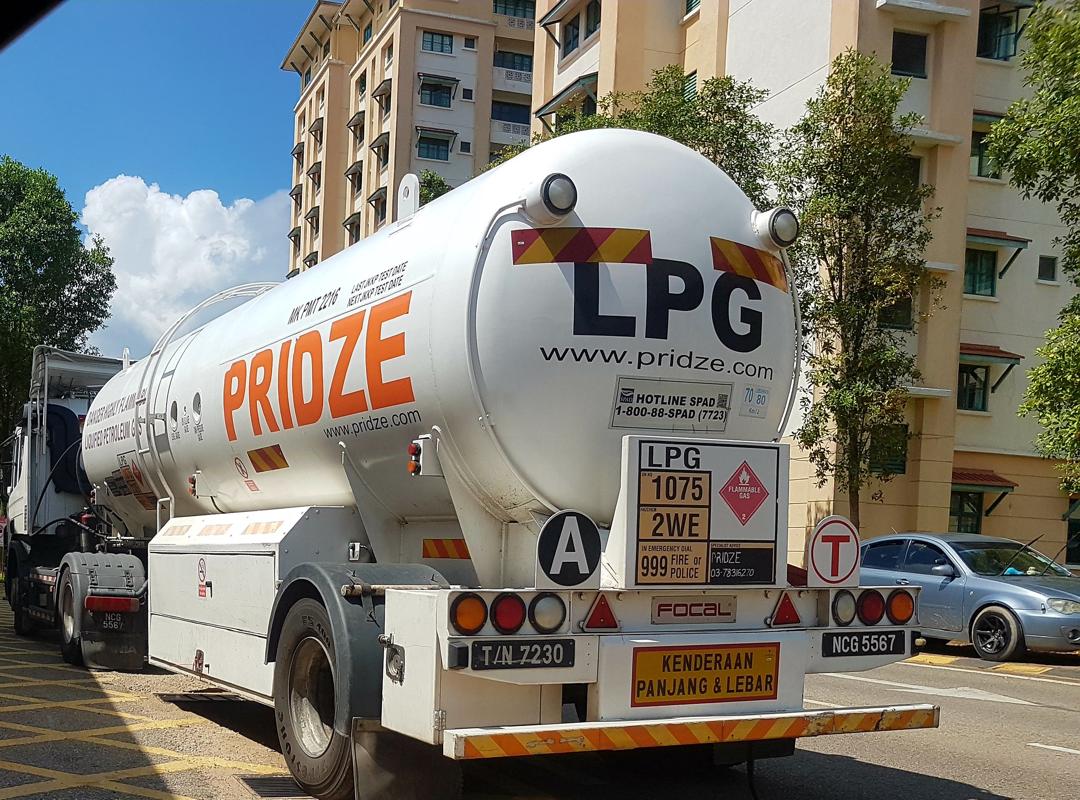
Reliable and Timely Delivery
Safety and Compliance
Tailored Solutions


Do you have any question? Find answer here
This section can cover common questions related to LPG supply, safety, delivery, and service options.
What is LPG?
LPG, liquefied through pressurisation, comes from natural gas processing and oil refining.LPG is used as heating, cooking and auto fuel.
Why Use LPG?
Which Agencies Enforce LPG Regulations?
2. The Energy Commission of Malaysia (Suruhanjaya Tenaga)
3. Petroleum and Liquefied Petroleum Gas (LPG) Unit, Ministry of Domestic Trade and Consumer Affairs (KPDNHEP)
4. Fire and Rescue Department of Malaysia (BOMBA)
5. Department of Standard Malaysia (DSM)
6. Local Municipal Authorities (Pihak Berkuasa Tempatan - PBT)
Key Regulations for LPG Safety in Malaysia:
Petroleum (Safety Measures) Act 1984; Petroleum (Safety Measures) (Transport Of Petroleum By Pipelines) Reg 1985
Gas Supply Act 1993 (Act 501) & Gas Supply Regulations 1997
Occupational Safety and Health Act (OSHA) 1994 – Regulates workplace safety and the handling of hazardous materials like LPG.
Fire Services Act 1988 – Enforces fire safety measures, including those related to LPG storage, handling, and transportation.
Factories and Machinery Act 1967 – Regulates the safety and operation of machinery, including LPG systems.
What actions should be taken when there is a LPG fire breakout or LPG emergency?
1. Raise the Alarm
Alert others in the vicinity of the emergency.
Evacuate the area immediately. Ensure that everyone moves to a safe distance from the fire or leak.
Call emergency services (fire department, gas company, etc.) and provide them with relevant details such as the location, nature of the fire, and if possible, the source of the leak.
2. If There’s a Gas Leak (Before Ignition)
Do not switch on electrical appliances (including lights, phones, etc.) as this could ignite the gas.
Avoid open flames (matches, lighters, etc.).
Shut off the gas supply if you can do so safely. If the source of the leak is from a cylinder or pipeline, close the gas valve.
Ventilate the area by opening windows and doors to disperse the gas. However, do this only if the leak is not in an enclosed space where the gas might accumulate.
3. If Fire Has Started
Do not attempt to extinguish the fire if it involves LPG cylinders. A fire involving LPG is extremely hazardous and may escalate quickly.
If you can do so safely and without putting yourself at risk, turn off the gas supply at the source (valve) if it hasn’t been shut off yet.
Evacuate the area immediately if you are not already outside the danger zone.
4. Fighting the Fire (if it is safe to do so)
Use the appropriate fire extinguisher:
Class B (foam, CO₂, or dry powder) for liquid fires, including LPG fires.
Do not use water to extinguish an LPG fire as it can spread the flames and cause more harm.
If the fire involves LPG cylinders:
Do not attempt to move cylinders unless they are in immediate danger of explosion and can be moved safely.
Keep the fire away from cylinders at all costs. LPG cylinders can explode or vent in extreme heat.
5. Managing Cylinder Fires
If an LPG cylinder is involved in the fire and it's at risk of exploding:
Evacuate to a safe distance from the cylinder.
If possible, cool the cylinders with water from a distance (using a hose or fire service equipment). This may help reduce the risk of the cylinder exploding due to heat.
Do not attempt to put out the fire near cylinders.
6. After the Fire
Do not re-enter the area until it has been declared safe by the fire authorities.
Do not attempt to turn on gas systems or equipment until a certified technician has checked them for damage.
Report the incident to the local gas supplier, who may need to check and repair the gas installation.
